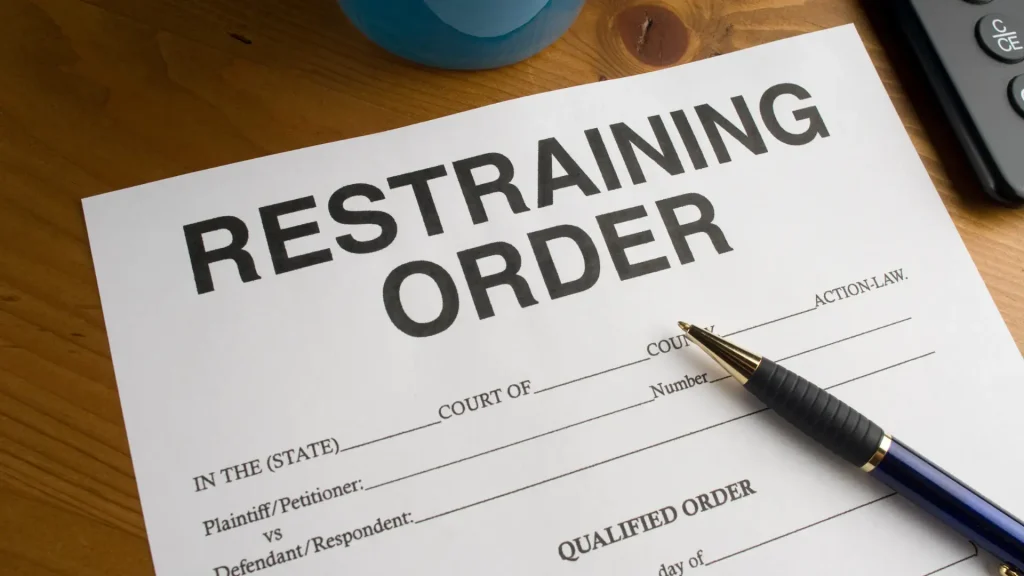Divorce can be an emotionally charged process, and financial concerns often add to the stress. When one spouse attempts to sell or hide assets before the court finalizes the divorce, that’s a significant issue.
The sale of assets before your divorce could impact the distribution of assets during the final settlement. If you suspect your spouse is selling assets before your divorce, it’s vital to understand your legal rights so you can protect yourself and your interests. If you have concerns about how your marital property will be divided, Smith & Bledsoe Family Law’s Austin divorce lawyers can help.
Marital Property Laws in Texas
Texas is a community property state. That means the state considers most assets acquired by either spouse during the marriage to be joint property of both spouses. Community property includes income, real estate, retirement accounts, and any other types of property.
There are a few exceptions to the community property rule, such as assets acquired through inheritance, gifts, or personal injury claims. However, the general rule is that marital property is subject to division upon divorce.
According to Texas law, courts should divide marital property in a “just and equitable” manner, which doesn’t necessarily mean a 50/50 split. Instead, the court will consider various factors, including each spouse’s earning potential, the length of the marriage, and each spouse’s financial contributions.
Equitable Distribution of Assets in a Divorce
Equitable distribution of assets in a Texas divorce refers to the fair division of marital assets based on various criteria. The purpose of this distribution is not strict equality between the spouses but fairness. Depending on the circumstances, it may be fair for one spouse to receive more marital assets than the other.
When determining the distribution, the court will consider factors such as:
- The financial situation of each spouse and their ability to provide for themselves and their dependents
- The needs of each spouse, including their medical needs if they have a disability
- Any child support or spousal maintenance (alimony) obligations
- The behavior of each spouse during the marriage and divorce process, including abuse or financial misconduct
- A spouse’s use of a particular asset, such as their primary vehicle
Hidden Assets in Divorce
Hiding assets during a divorce is a serious issue that can have significant legal repercussions. Sometimes, spouses attempt to hide assets so the court won’t count them when dividing the community property. Doing so can influence the distribution of assets, leaving the other spouse at a disadvantage.
Some of the common methods of hiding assets to look out for include:
- Underreporting income or benefits
- Transferring assets to friends or relatives
- Creating false debt
- Depositing cash into undisclosed accounts
In some cases, a spouse may attempt to hide debt instead of or in addition to hiding assets. This hidden debt could cause you to believe the marriage has less debt than it actually does and may result in you coming out of the divorce with some debt you didn’t know existed.
Texas courts view attempts to deceive the court or the other spouse in divorce cases unfavorably. If the court uncovers hidden assets, it may award the innocent spouse a larger portion of the community property or impose other penalties on the deceptive party.
How to Spot Signs of Financial Misconduct
Identifying financial misconduct early in the divorce process is crucial to minimize its impact. Some signs that a spouse might be hiding assets or engaging in other financial misconduct include:
- Unexplained withdrawals from joint accounts
- Sudden changes in financial behavior, such as making large purchases
- Refusal to share financial information
- Discrepancies in reported income or expenses
- Debts or loans that are unaccounted for
If you suspect your spouse is engaging in financial misconduct, you can hire a forensic accountant to help uncover and find evidence of hidden assets, asset sales, or other misconduct. Forensic accountants excel at tracing money and identifying discrepancies in financial records.
Legal Consequences of Selling Assets Before Divorce
Selling assets before the finalization of a divorce can have serious legal consequences. If either spouse transfers, conceals, or destroys marital property during the divorce without the other spouse’s consent, the courts could view it as fraud.
If the court finds that your spouse sold assets in a way that constitutes fraud or deception, it can take several actions against them, including:
- Awarding you a large portion of the remaining assets to compensate for the loss of assets sold
- Ordering your spouse to compensate you for the value of the assets sold
- Imposing fines or other penalties on your spouse for their deception
These court actions aim to make sure that both parties receive a fair share of the marital estate and discourage financial misconduct during divorces.
Temporary Restraining Orders During a Divorce

In the case of suspected financial misconduct, a TRO can prohibit both parties from making significant financial changes, such as:
- Selling, transferring, or destroying assets
- Borrowing money from retirement accounts
- Incurring significant new debts
A TRO can help maintain the status quo and protect marital assets until the court can determine their fair and equitable division.
Austin, Texas, Divorce Attorney
Understanding the risks and legal implications that follow when your spouse sells assets before a divorce is crucial. By being informed and seeking legal counsel, you can protect your financial interests and work toward a fair resolution to your divorce.
If you are facing a divorce in Austin, Texas, you must speak with an experienced divorce and family law attorney like those at Smith & Bledsoe Family Law. Our attorneys can assist you with the complexities of Texas community property laws, uncovering hidden assets, and protecting your interests. As seen in our previous successes, we can take on your case.
Call our law firm through (512) 277-3166 or contact us online for a free case evaluation with one of our experienced lawyers. Whether you need assistance with obtaining a temporary restraining order, hiring a forensic accountant, or drafting a fair divorce agreement, we’re here to help.
